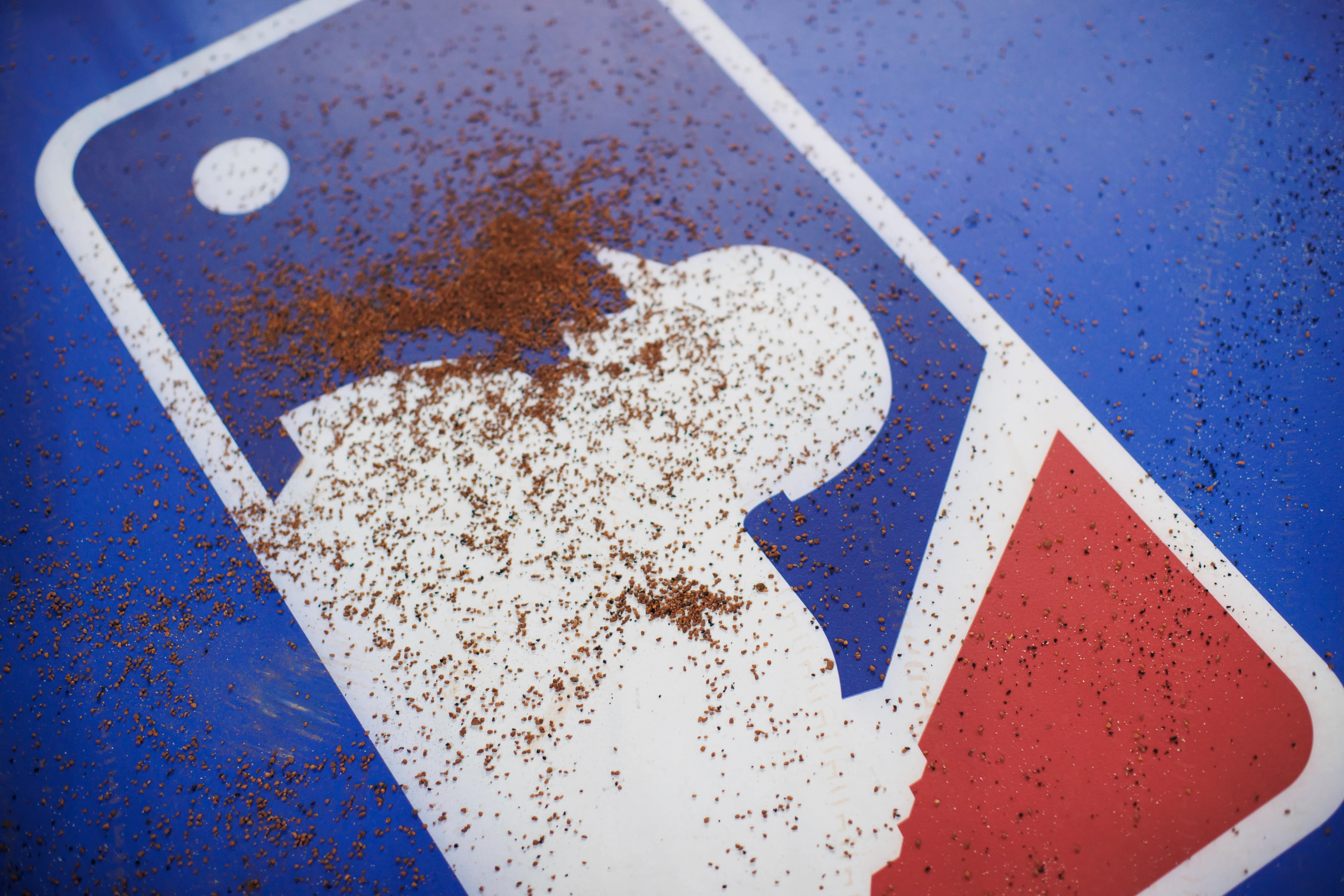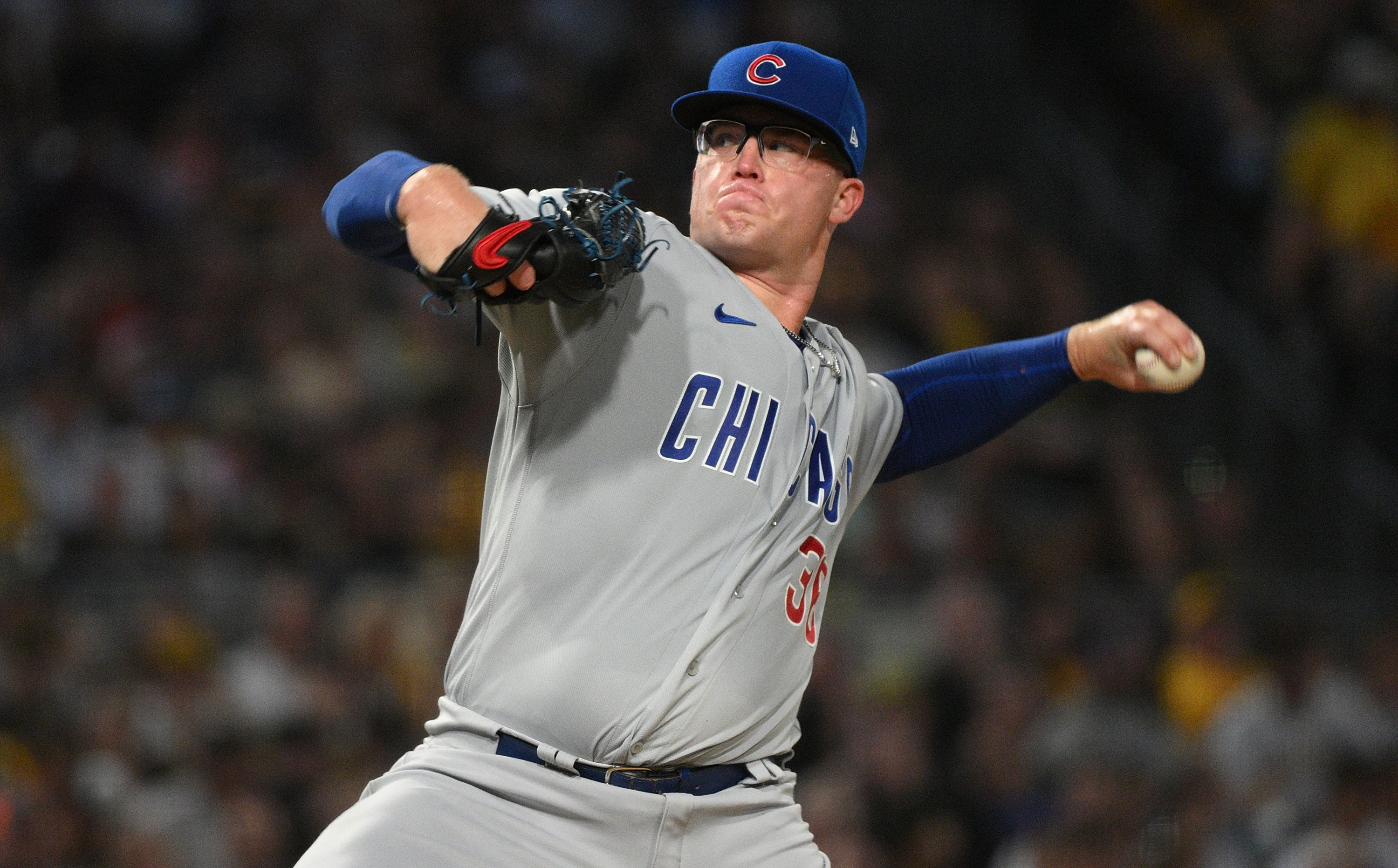Anyone who thought this was going to get done in a day or even a week has not paid much attention to the relationship between baseball’s owners and its players over the last three decades — never mind the last three years.
Major League Baseball, which squandered more than 20 years of labor peace by embracing a tanking culture and glacial free agent markets at a time of record revenues in recent years, now wants the players’ union to make concessions beyond the prorated compensation agreed to in March in order to play an abbreviated season during a global pandemic.
An MLB proposal presented to the players on Tuesday didn’t last long enough for negotiations to get far enough into the evening for a dinner break — union officials considering the long anticipated proposal “extremely disappointing.”
RELATED: MLB Players Association is 'disappointed' with league's financial proposal
Insiders say MLB is asking for “massive” additional pay cuts beyond the prorated salaries, and the sides still haven’t significantly closed a gap that remains “far apart” on safety and health protocols.
MLB said in a statement: “We made a proposal to the union that is completely consistent with the economic realities facing our sport. We look forward to a responsive proposal from the MLBPA.”
Talks that didn’t begin until mid-afternoon were adjourned by late afternoon for union negotiators to take the proposal to player reps before determining their next course of action.
MLB
If social media is any indication, fans have little patience for the conflict, no matter who is right.
And the union’s response Tuesday doesn’t mean a deal won’t eventually get done; too many on both sides have enough at stake to suggest there won’t be baseball in 2020.
But make no mistake about two fundamental facts underlying every part of this interaction:
First, the players (and other essential personnel) are being asked to take the health risk at a time 17 states are experiencing daily increases in COVID-19 infection rates (and when Cook County has the highest rate of any county in the nation).
And, second, the owners spent the last several years sowing the seeds of discontent in the relationship through business practices that resulted — with intention or not — in back-to-back seasons of average salary declines for the first time since the union started tracking those numbers more than 50 years ago.
Did the players negotiate a bad deal during the last round of collective bargaining? No question.
But did owners and front offices underestimate the backlash from what had been a largely content rank-and-file until then? We’re about to find out.
At the very least, owners in a sport worth an industry-record $10.7 billion last year left themselves little reason to expect faith and goodwill from across the table as they seek cooperation during the downturn caused by the pandemic.
“I just don’t trust those guys,” one agent said Tuesday morning, even before the new proposal was presented.
A part of the proposal that was reported by MLB Network’s Jon Heyman didn’t exactly resolve the trust issue — with MLB suggesting a sliding-scale of percentage cuts in salaries that is seen as a wedge designed divide the players.
RELATED: How Cubs' high-priced roster would be impacted by MLB’s financial proposal
Modern, metrics-based evaluation trends already have conspired in recent years with age-old desires to spend less on players to make the “middle-class” of veteran players an endangered species.
Anybody who had a problem with that, or the downward trend of average salaries in general during the game’s economic high times, doesn’t understand how markets work, baseball’s commissioner suggested barely a year ago.
“I think it’s important to remember that the Major League Baseball Players Association has always wanted a market-based system,” commissioner Rob Manfred said during spring training 2019. “And markets change. Particularly when the institution around those markets change. We’ve had a lot of change in the game.”
That, of course, is the same commissioner who now seeks a shared burden of losses during this changed market. The same commissioner whose relationship with MLB began as outside counsel during the labor war of 1994-95 and who headed negotiations in subsequent years during a period of significant gains for the league’s billionaires.
That won’t suddenly turn millionaire baseball players into sympathetic figures as they fight to protect their interests during a national health and economic crisis that has claimed 100,000 lives and tens of millions of jobs.
Just don’t forget who was running the ship if it hits the iceberg.
Click here to download the new MyTeams App by NBC Sports! Receive comprehensive coverage of the Chicago Cubs easily on your device.

